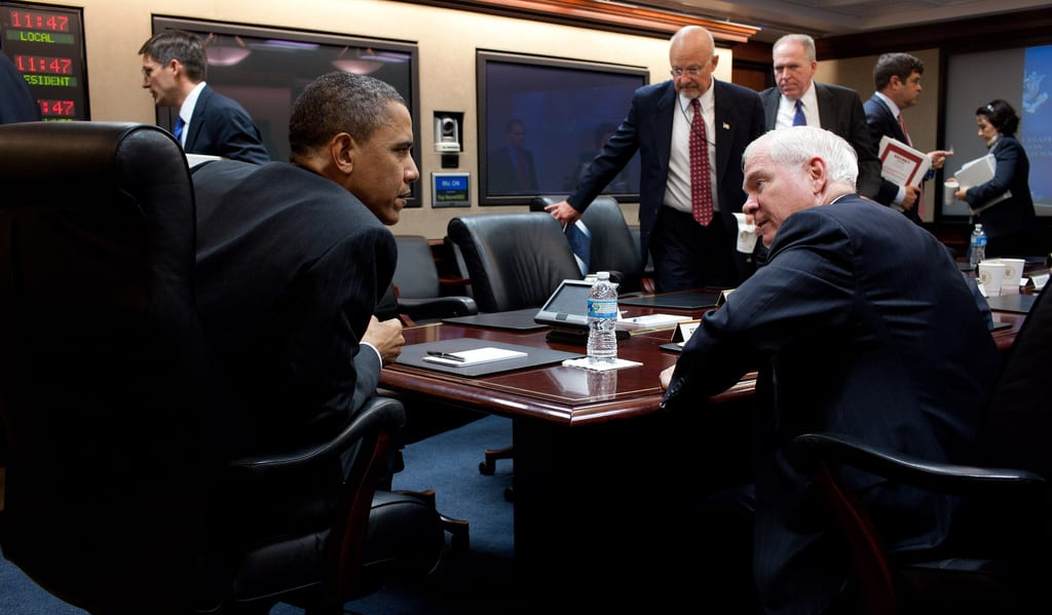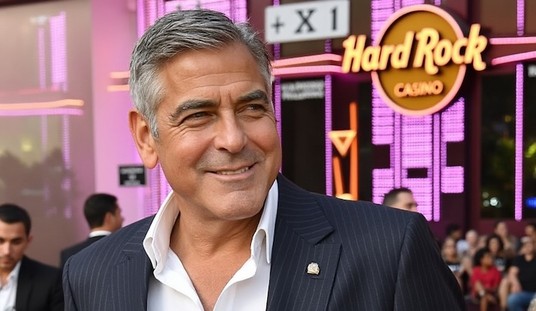WASHINGTON – Former Secretary of Defense Bob Gates predicted that the “earliest” national security challenge for President Trump is “most likely” to come from the North Korean regime, and he urged the Trump administration to work on a contingency plan to deal with the possible launch of an intercontinental ballistic missile.
Gates also said the Obama administration “reacted pretty weakly” to some of the national security challenges posed by Iran, China and Russia over the past year.
“It may or may not work but they [North Koreans] are getting there and the question will be, kind of, where is the missile going and should we shoot it down? And that will require a decision literally within a couple of minutes, so my hope is that as the president gets his team in place that one of the things they begin talking about is contingencies with respect to North Korea – and particularly a launch and whether to shoot that – and so I think the most likely first challenge will come from North Korea,” Gates said during a discussion last week at the National Archives focused on his latest book, A Passion for Leadership: Lessons on Change and Reform from Fifty Years of Public Service.
Gates, who led the Pentagon in the Bush administration and Obama administrations, said the Trump administration would likely face additional challenges in other areas that require an “instant response” from the military.
“One would be an Iranian action in the Persian Gulf against one of our Navy ships to try and test how strong [Trump] is going to be. Another would be in the South China Sea by the Chinese, or if he decides to present a tougher image, and how the Chinese react to that,” he said.
According to Gates, a third challenge could come from Russia, whose fighters have flown within 30 feet of U.S. warships and 10 feet of U.S. aircraft.
“If I were secretary of Defense when that Russian plane few within 20 or 30 feet of an American warship, I would have sent a message. I would have asked the president to send a message to Putin that basically said the next time your forces come that close to our ships in international waters we will paint it and we may or may not shoot it down. Stop it,” he said.
Gates said there have been plenty of recent instances where Iranians are pointing guns at U.S. helicopters.
“Again, I would have sent a message to the Iranians: you guys get closer than a half mile to one of our ships or point guns at our helicopters or planes again, and we are going to react. Just know it and you are not going to win,” he said.
He also said the U.S. government under Obama did not run “true freedom of navigation operations” against Chinese occupied islands. Gates was critical of the Obama administration’s response to the national security challenges he outlined.
“I tend to think that part of the reason people think we’re withdrawing inward and so on is that we have reacted pretty weakly to some of these challenges over the last year or so,” he said.
Gates, who supported the appointment of retired Marine Gen. James Mattis as the new secretary of Defense, said he thinks Mattis is going to tell Trump “exactly what he thinks” on issues such as enhanced interrogation tactics.
“I mean, anybody who doesn’t think Jim Mattis is going to tell the president exactly what he thinks probably in the most graphic terms doesn’t know Jim Mattis, but the same thing is true for John Kelly. I think the same is true for Rex Tillerson,” he said.
Gates applauded Trump’s national security team for bringing in some “very strong-minded, independent people” who Trump “respects and “will listen to.”
Gates mentioned how Trump said he would defer to Mattis on the use of enhanced interrogation tactics even though he personally supports waterboarding.
“If he is willing to listen to these people and adjust his positions, then he may end up with a pretty really sound decision-making process,” Gates said.
Gates told the audience he disagreed with those who have said the relationship between the press and the current White House has never been worse.
“Yeah it has, during Vietnam, during Watergate, it was pretty bad, so I think part of the problem is almost nobody in this city who holds an official position reads history so they forget about these things,” he said. “It is fundamentally an adversarial relationship.”
He lamented that too many media outlets are “distracted instantly” by tweets from politicians instead of focusing on “substantive” issues.
“I am a little concerned there is a danger of being so distracted by the night’s tweets that some outlets are not paying enough attention to the substantive things that are going on,” he said. “I think it will be important going forward for all of the media to keep their eye on the ball and the ball is the serious substantive stuff that’s being done.”









Join the conversation as a VIP Member